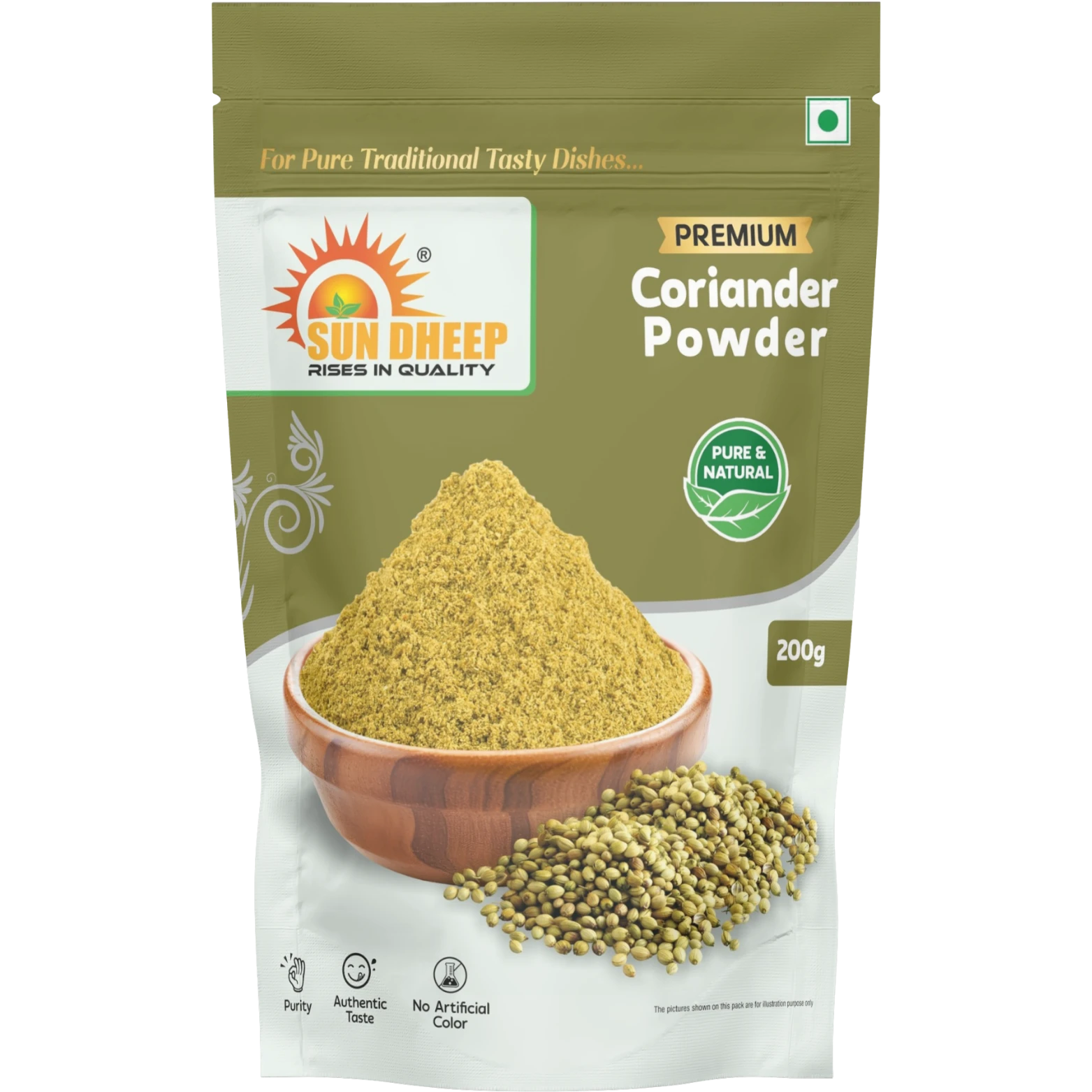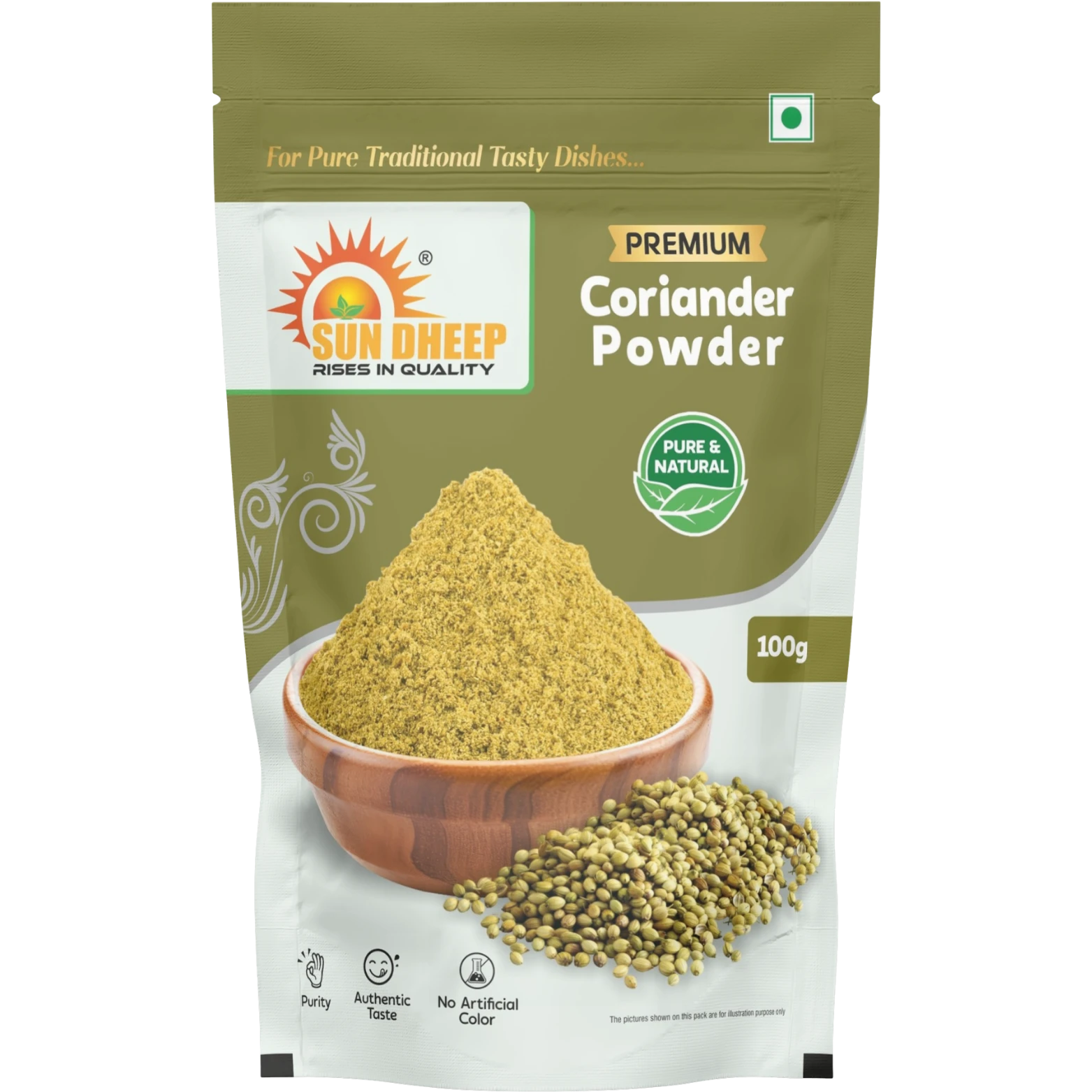
Honey is a natural sweet substance produced by bees from the nectar of flowers. It has been used by humans for thousands of years as a sweetener, flavoring agent, and for its potential health benefits. Here are some key aspects of honey:
Production Process: Honey is created through a complex process involving bees. Worker bees collect nectar from flowers using their proboscis and store it in their special stomachs. Enzymes are added to the nectar during this process. Back at the hive, the bees pass the nectar among themselves, breaking down the complex sugars and reducing the water content. The processed nectar is then stored in honeycombs, where it undergoes further dehydration and ripening. Eventually, bees cap the cells with beeswax to preserve the honey.
Composition: Honey is a natural sweetener composed primarily of fructose and glucose. It also contains small amounts of other sugars, as well as trace amounts of vitamins, minerals, enzymes, and antioxidants. The specific composition can vary depending on the types of flowers from which the bees collected nectar.
Varieties: There are numerous varieties of honey, each with its own distinct flavor, aroma, and color. The characteristics of honey depend on the types of flowers the bees visited. Common varieties include clover honey, acacia honey, manuka honey, and wildflower honey.
Flavor and Aroma: Honey's flavor profile can range from mild and floral to rich and robust, depending on its origin. The aroma is often a delightful blend of the scents of the flowers from which the nectar was sourced.
Uses: Honey has a wide range of culinary applications. It is used as a sweetener in beverages, baked goods, and savory dishes. It can also be drizzled over yogurt, fruits, or desserts. Beyond its culinary uses, honey has been traditionally used for its potential health benefits and is often included in natural remedies for soothing sore throats and coughs.
Health Benefits: Honey is known for its potential antimicrobial and antioxidant properties. It has been used in traditional medicine for its healing properties, and some studies suggest that it may have various health benefits, including wound healing and soothing effects on the respiratory system.
Crystallization: Over time, honey may crystallize, forming granules. This is a natural process and does not indicate spoilage. To return honey to a liquid state, it can be gently warmed.
Cultural and Symbolic Significance: Honey holds cultural significance in many societies. It is often associated with sweetness, prosperity, and celebration. In various cultures, honey plays a role in traditional rituals, and it has been a symbol of luxury and wealth throughout history.
In summary, honey is not just a sweetener; it is a natural product with a rich history, diverse varieties, and potential health benefits, making it a versatile and cherished ingredient in various culinary and cultural contexts.
No review given yet!
 Fast Delivery all across the country
Fast Delivery all across the country
 Safe Payment
Safe Payment
 Return Policy
Return Policy
 100% Authentic Products
100% Authentic Products




